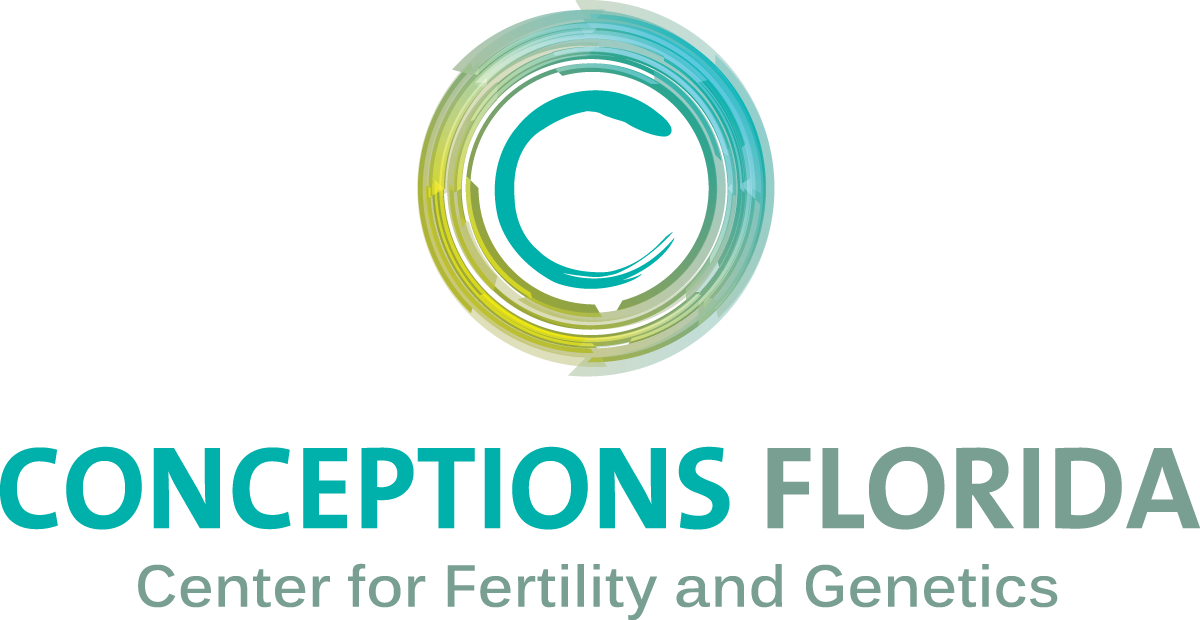Infertility is defined as the inability to get pregnant after one year of trying, or 6 months if the woman is 35 or older. Women who are close to 40 (or older) may seek help from an infertility specialist after two or three months of unsuccessful attempts to conceive.

WHAT YOU NEED TO KNOW
There are several causes of infertility, and most often there is more than one factor to address. In fact, male infertility is the sole cause about 20% of the time, and males contribute to infertility in 30% to 40% of cases we see. Learn more about infertility below and call us or schedule a consultation to have all your questions answered.
CAUSES OF MALE INFERTILITY
Typical causes of male infertility are low sperm count and abnormalities that affect sperm production, transport, or delivery.
Varicoceles, or enlarged veins (similar to varicose veins) within the scrotum, are a common cause of sperm production problems, affecting 40% of men who are infertile.
Men are not immune to hormone imbalances either. Too much estrogen or low testosterone can cause infertility.
Infections, certain medical conditions, and chemotherapy or radiation treatment can also lead to male infertility.
CAUSES OF MALE INFERTILITY
Typical causes of male infertility are low sperm count and abnormalities that affect sperm production, transport, or delivery.
Varicoceles, or enlarged veins (similar to varicose veins) within the scrotum, are a common cause of sperm production problems, affecting 40% of men who are infertile.
Men are not immune to hormone imbalances either. Too much estrogen or low testosterone can cause infertility.
Infections, certain medical conditions, and chemotherapy or radiation treatment can also lead to male infertility.
CAUSES OF FEMALE INFERTILITY
Causes of female infertility include problems with ovulation, such as polycystic ovary syndrome (PCOS), which accounts for up to one-third of female infertility cases.
Age plays a role for women because of changing ovulation patterns, which makes it more difficult to get the timing just right. In addition, egg quality is reduced as women age. Making it harder to get pregnant and more common to miscarry.
Hormones, including excessive stress (physical or mental), and nutrition deficiencies, are also factors that can cause ovulation problems.
Structural problems with the fallopian tubes or uterus can prevent a woman from conceiving, especially if endometriosis is a concern.
CAUSES OF FEMALE INFERTILITY
Causes of female infertility include problems with ovulation, such as polycystic ovary syndrome (PCOS), which accounts for up to one-third of female infertility cases.
Age plays a role for women because of changing ovulation patterns, which makes it more difficult to get the timing just right. In addition, egg quality is reduced as women age. Making it harder to get pregnant and more common to miscarry.
Hormones, including excessive stress (physical or mental), and nutrition deficiencies, are also factors that can cause ovulation problems.
Structural problems with the fallopian tubes or uterus can prevent a woman from conceiving, especially if endometriosis is a concern.
Diagnosing infertility starts with a complete medical history and physical examination. We recommend both partners receive an infertility evaluation because there is usually more than one cause for infertility. We will work to identify the cause of infertility with a series of tests before deciding how to treat the male, female, or couple.
Assessments may include:

